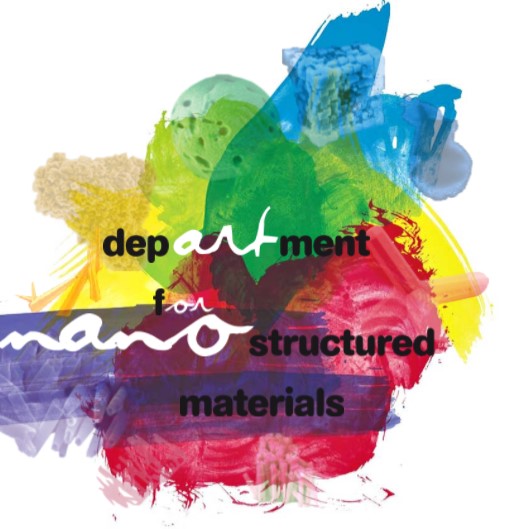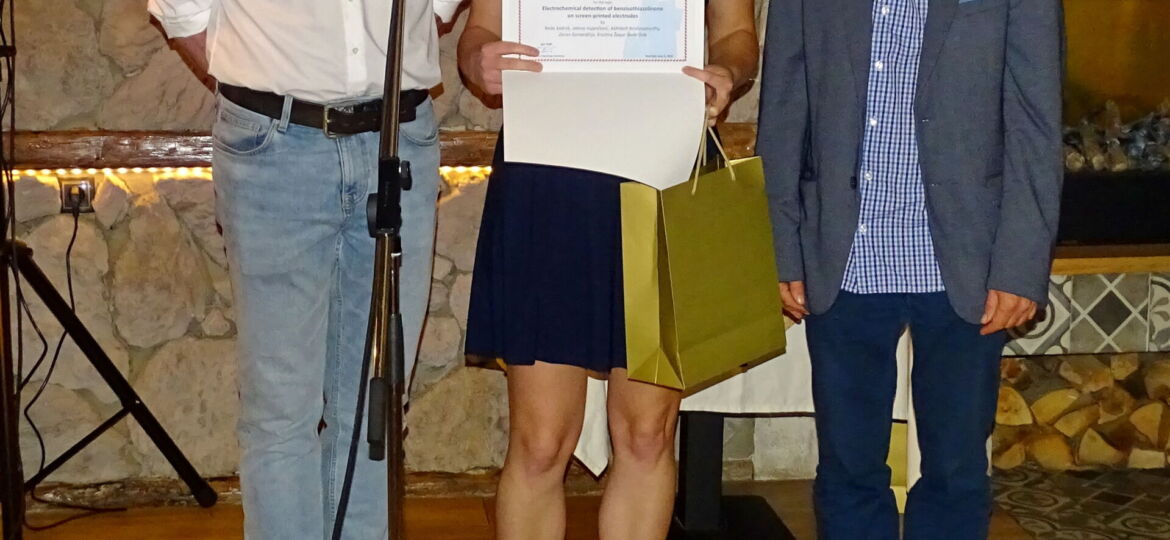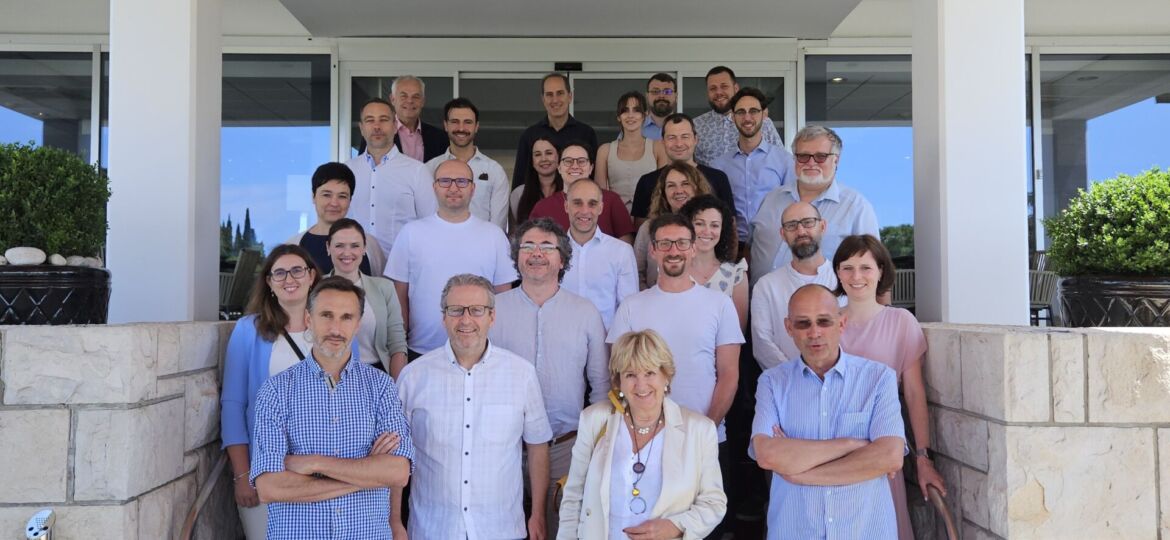Giulia Della Pelle – Seminar III
2024
Neža Sodnik received the Award for best poster presentation, titled Electrochemical Detection of Benzisothiazolinone on Screen-Printed Electrodes, at the 9th Regional Symposium on Electrochemistry—South-East Europe. The symposium took place in Novi Sad, Serbia, from June 3rd to 7th, 2024.Congratulations!
Prof Annalisa Chiocchetti – Seminar Precision medicine is a groundbreaking approach to disease treatment and prevention that takes into account individual variability in genes, environment, and lifestyle for each person. This method stands in contrast to the traditional one-size-fits-all approach to medicine, where treatments and medications are developed with the average patient in mind. Nevertheless, we are far from it, and continued research, investment in healthcare infrastructure and policies are essential for realizing the full potential of this approach. This will take a long time and will not be achievable by 2030 as initially hoped. Great efforts have been undertaken to identify alternative approaches. One, involves organ on chip technology, that allows to model individual variability on a small 3D cell culturing platform. Will this be the answer to the huge unmet clinical need of selecting the right drug for the right patient? A tentative response in this lecture. Prof…
With the final INSPIRES project (EIT RawMaterials) meeting, the members of the Nanostructured Materials Department (Dr. Benjamin Podmiljšak, Dr. Tomaž Tomše, and Prof. Dr. Spomenka Kobe) in the consortium of 11 partners reported on the achieved goals. The INSPIRES project in the RIS Slovenia region has demonstrated a successful example of a circular economy without waste. Through radical eco-innovations in the recycling of permanent magnets, with a focus on the easily accessible resource of motors in household appliances, we have developed new automated processes for dismantling waste appliances and recovering magnets from them. We have established recycling methods and tested new circular economy pathways with key industrial partners within the region (Kolektor, Gorenje, Domel, ZEOS, Surovina). We have analyzed their sustainable performance in terms of economic and environmentally sound life cycles. Knowledge and technologies from non-RIS regions (recycling technology was provided by the German partner University of Pforzheim) contributed to…
Louison Poudelet – Seminar
Layrton José Souza da Silva – Seminar II
RE-ENGINEERING PERMANENT MAGNETS FOR THE GREEN TRANSITION: EU PROJECT GREENE KICKS OFF Bohinj, Slovenia: On 4th and 5th June, a consortium of 15 European partners led by the Slovenian Jožef Stefan Institute kicked off GREENE, short for SINGLE-GRAIN RE-ENGINEERED Nd-Fe-B PERMANENT MAGNETS, an EU project with a funding of €8 million. Over a four-year period, partners will develop high-energy Nd-Fe-B based magnets, innovatively re-engineering them at the single grain level to minimize the overall Rare Earth (RE) content, thus reducing environmental impact and supply dependencies for these critical raw materials. Rare-earth element (REE) permanent magnets based on Neodymium Iron Boron (Nd-Fe-B) are vital components of high-tech products enabling a green energy future, like e-vehicles and wind turbines. With the advancement of the green transition, magnet demand is increasing drastically – supply, however, is under threat. The EU is dependent on imports, mainly from China, and geopolitical tensions, environmental issues connected…



